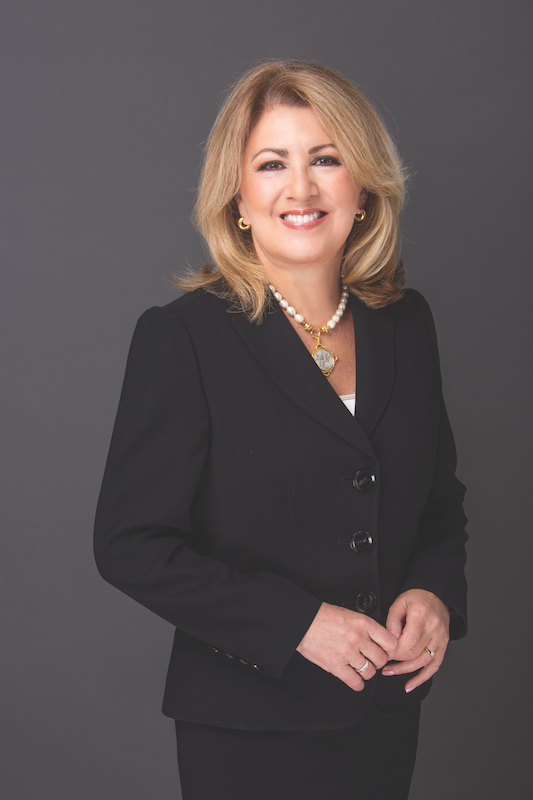
07 Jul A Common Financial Dilemma

Chances are you or someone you know has been impacted by the emotional and financial consequences of
having to care for an adult family member. During the recent pandemic, I had my 97-year-old father living with
me for two years, until my siblings and I felt it was safe for him to return home where he would receive
adequate nursing care. I feel profoundly fortunate to have had this time with him as we shared so many
memorable moments, deep conversations, and meaningful experiences. His stay with me also meant that my
daily routine had to adapt to his ever-increasing physical and medical needs. My ability to visit my children, to
attend a business conference, or to travel with friends was diminished as I became almost entirely focused on
his well-being.
My story is not unique. As the population ages, most of us can expect to either become caregivers or to need
one. After all, modern medicine is allowing people to live longer but not necessarily healthier.
One of the most common questions I get from clients is, should I buy long-term care insurance if I have medical
insurance? There is a growing misconception that traditional health insurance plans or Medicare will pay for the
cost of long-term care. The reality is that these plans only cover costs associated with acute care and not those
related to an extended, chronic, or non-rehabilitative care.
For many active adults, the fear of dying too soon has been replaced by the fear of becoming unable to care for
themselves. The fact that most families are geographically apart makes it harder for seniors to receive the
support from family members. And even when family members live in the same area, the demands of career and
raising children make most seniors reliant on home health care and long-term care facilities.
It is estimated that about two-thirds of people ages 65 and older will need some type of long-term care during
their lifetime. And according to data from a 2021 report by Genworth, the median cost of care in the U.S. ranges
between approximately $60,000 and $108,000.
If you are wealthy enough to fund your long-term care from personal savings and still meet your legacy goals,
you probably do not need insurance. If instead you prefer to protect yourself against exhausting savings or
impacting your standard of living, insurance might be an option you want to consider. And when you do, you
will be able to assess which type is right for you, either a traditional plan which includes skilled nursing care,
speech, physical or occupational therapy and home health aide services, or a hybrid plan which combines life
insurance with these long-term care benefits.
The concept of preparing for retirement has been a common quest for generations. To that we must add the
awareness that retirement planning is not complete unless we address what could become our largest expense
after we retire: the cost of long-term care. As we approach the afternoon of our lives, our priorities inevitably
shift to those goals that will enhance the quality of our lives and contribute to our pursuit of financial peace of mind.

For the past 30 years, Regina Bedoya has been focused on providing her clients financial peace of mind. Regina specializes in developing personalized strategies that seek to grow and protect assets, while generating a predictable and lifelong income stream during retirement. She has served as President of the Million Dollar Round Table (MDRT), a global association of the world’s leading financial services professionals, and currently serves as a Global Ambassador, presenting financial workshops and seminars around the world.
Visit Luxury Home Magazine of The Palm Beaches to read more of Regina’s financial advice.
You May Also Like…
Ultimate Backyards
Ultimate Backyards. Turn your outdoor space into a custom paradise. ...
15 April, 2024The Perfect Man Cave
Best in class products to provide the ultimate in relaxation or entertaining...
05 April, 2024A Spring Fling
We’ve curated a few of our favorite unique finds to give your home a quick refresh...
05 April, 2024









